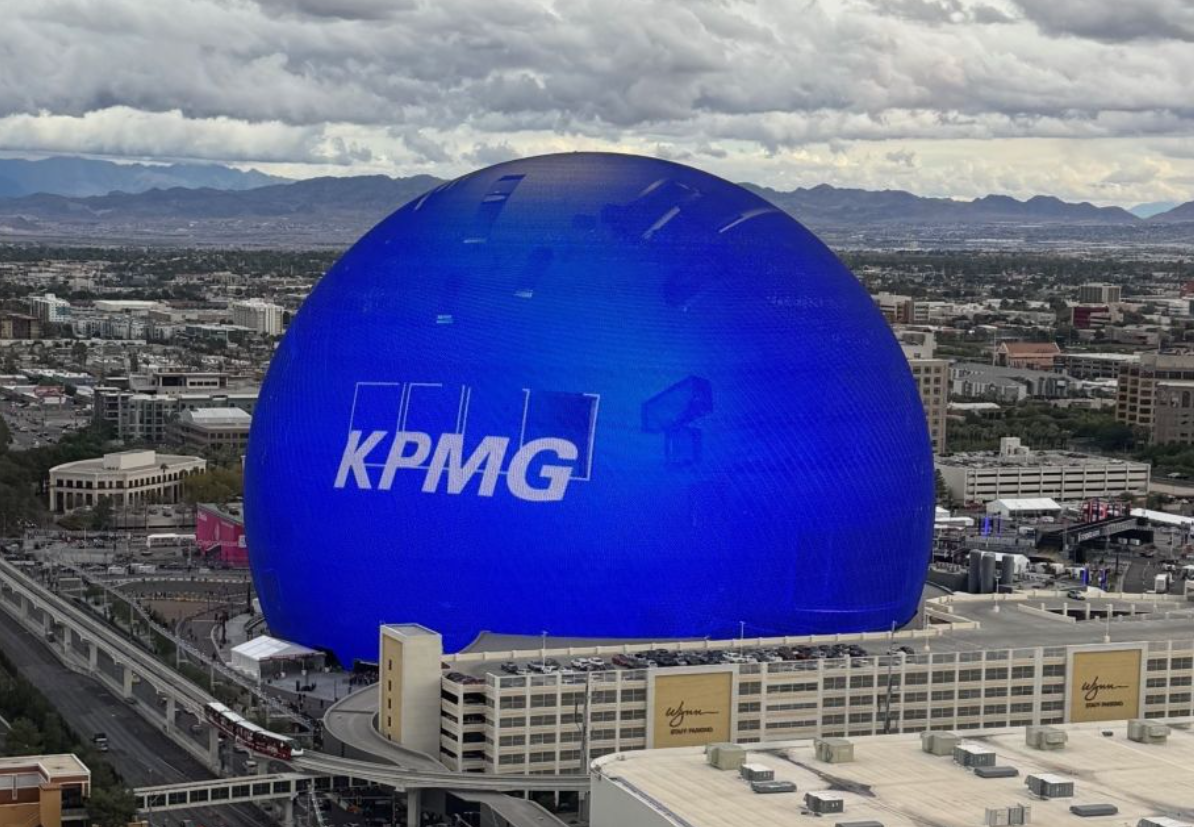On-site auditing has been the customary default since the dawn of accounting. It’s worked reasonably well, though time and cost considerations – both from the company and firm’s vantages – typically took secondary focus to successful audit completion, and healthy relationships maintained. It’s now possible to encapsulate all these objectives through remote auditing.
Technologies in document management and automated access are driving remote auditing abilities. Through enterprise content management (ECM), offsite mobile access to source documentation from throughout organizations is enabled, automating the way. The cost and capability has been simplified to encompass SMB’s, large companies and Accounting firms alike. The flow has become effectively simple: a company provides their auditing firm an ECM user account, with permissions set for what information the auditor may see.
All related transactional documentation is available per project on-demand, providing a central repository for convenient search based on any criteria, enabling the auditor centralized access from decentralized locations. This accomplishment begins with the company capturing all transactional documentation via the ECM’s automation tools, managing Accounting’s collection of documents pertaining to each vendor and transaction, and organizing them contiguously. Once input, the information is validated through the company’s ECM-ERP integration, with the accurate data archived in the ECM system.
A back-end advantage is the ECM’s business intelligence/analytics component. This enables the company to monitor the auditor’s activities and progress, providing guidance as needed. The system will generate reporting useful to both auditor and client company, based on any data points imaginable (literally). Both internal and independent auditors can report on key data sets, relaying useful findings in formats permission-accessible for review by management, advisor, financier and investor audiences in formats they prefer. Providing additional customization, scalable dashboards deliver convenient self-service analytics reporting for each audit, visualizing data intuitively with drop-and-drag simplicity.
Functionally, remote auditing’s merits are rooted in an Accounting firm’s staff’s ability to audit from any location, even multiple locations simultaneously. Auditors can work from anywhere on the planet, collaborating with fellow team members and company representatives simultaneously. This flexibility benefits many firm’s geo-diverse structures, with client companies advantaged from expeditious project completions and relates cost savings (notably reduced audit fees, fewer company personnel hours consumed, less communal space occupied). The company staff’s time sourcing documentation from on- and off-site storage is eliminated, with all relevant information readily available to auditors through the ECM portal, facilitating a prominent cost-saver for all entities involved.
On-site meetings will continue to occur, though typically less frequently, and will be much better organized for to-the-point collaborations facilitating quicker collaborative resolutions. The company-firm relationship will remain strong, perhaps even improve with this efficiency. The beneficial face time will be maintained; personal proximity is the human element both warranted and appreciated, providing the understanding and leading to agreements, enhancing these interactions constructively. Additionally, auditors are freed from long stints as a company’s on-site guests – something all parties admittedly appreciate. There is such a thing as too much togetherness…
The economies of remote auditing are realized around cost flexibility. Auditors will incur fewer expenditures per remote audit (travel expenses avoided, billable hours more efficiently managed). This provides them cost effective service delivery. With it comes the opportunistic prevision options allowing the firm latitude regarding their pricing model. This is particularly advantageous in ever-present competitive environments; remote auditing provides the opportunity to share these savings with the company, while maintaining their profitability goals. Companies ultimately avoid audit projects exceeding projected timetables and budgets. All parties remain satisfied in their fiscal relationship.
Remote auditing is an option of advantage for all involved. ECM provides the platform to keep it convenient and cost effective.
———-
IntelliChief LLC’s Tim Nissen has built businesses supporting financial services, business services and technology.
Thanks for reading CPA Practice Advisor!
Subscribe Already registered? Log In
Need more information? Read the FAQs




